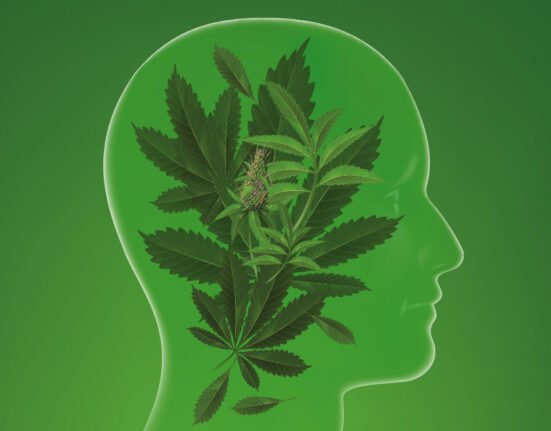New research about Psychosis has revealed that individuals experiencing the first episode are more likely to have skin conditions. These patients are also at a high risk of depression and suicide. According to a study conducted on 481 individuals, those who have dermatology-related symptoms such as rashes, irritation, etc, are three times likely to report suicidal thoughts.
Read More: Life After Psychosis: The Rehabilitation of Patients with Schizophrenia
What is Psychosis?
It is a serious mental health condition that distorts feelings, thoughts, and behaviour. This leads to a loss of reality. It includes symptoms of delusion, hallucinations, thought disorder, and abnormal motor behaviour (“What Is Psychosis?” 2019).
How did the research take place?
The study was conducted on 481 individuals having skin problems such as itching, rashes, etc. Dermatologic symptoms were found to be 14.5% having 24% females and 9.8% males. A four-week anti-psychotic treatment was given to all the patients. Later, they were checked for the mental health parameter range.
Major Findings
- Skin issues could be early signs of more severe mental health outcomes, including depression and suicide.
- This can be due to shared pathways. The brain and skin have common Developmental and inflammatory pathways. The vulnerability can be explained by the embryonic tissue (ectoderm) that both the brain and skin have.
- Around 25% patients with dermatological symptoms experience suicidal thoughts and attempts compared to those without them, which is 7%.
Results and Researchers’ comments
Lead researcher, Dr Joaquín Galvañ (Instituto de Investigación Sanitaria Gregorio Marañón, Madrid) shared that in the follow-up of the patients who participated in the research showed poorer well-being and were linked to higher symptoms of depression. It was highlighted that previous research claims that 30-60 per cent of people with skin issues indicate psychiatric symptoms. This new research gives a different perspective: “Do people with mental health problems have skin conditions, and if so, can this tell us anything useful?”.
Application of research
The research findings would help segregate a subgroup that is vulnerable to poorer clinical prognosis and would benefit from customised intervention.
Future of Research
If the research described above confirms significant linkages, the findings could be proven as potential markers of mental health risk. This advanced marker is similar to blood tests used as early indicators of heart diseases and cancer. Though a common pathway is one of the reasons research has found, other reasons are still in the process of being researched. The applicability of the findings has to be reviewed for other disorders such as anxiety, ADHD, bipolar disorder, etc. Thus, according to Professor Eric Ruhe (Professor of Difficult-to-Treat Depression at Radboud University, the Netherlands), the research has to be replicated among different cohorts.
References +
de la Lune, C., Glasshouse, E., Humpston, C. S., & Jackson, H. J. (2020). What is psychosis? In J. C. Badcock & G. Paulik (Eds.), A clinical introduction to psychosis: Foundations for clinical psychologists and neuropsychologists (pp. 3–36). Elsevier Academic Press https://neurosciencenews.com/skin-problems-psychosis-suicide-mental-health-29806/













Leave feedback about this